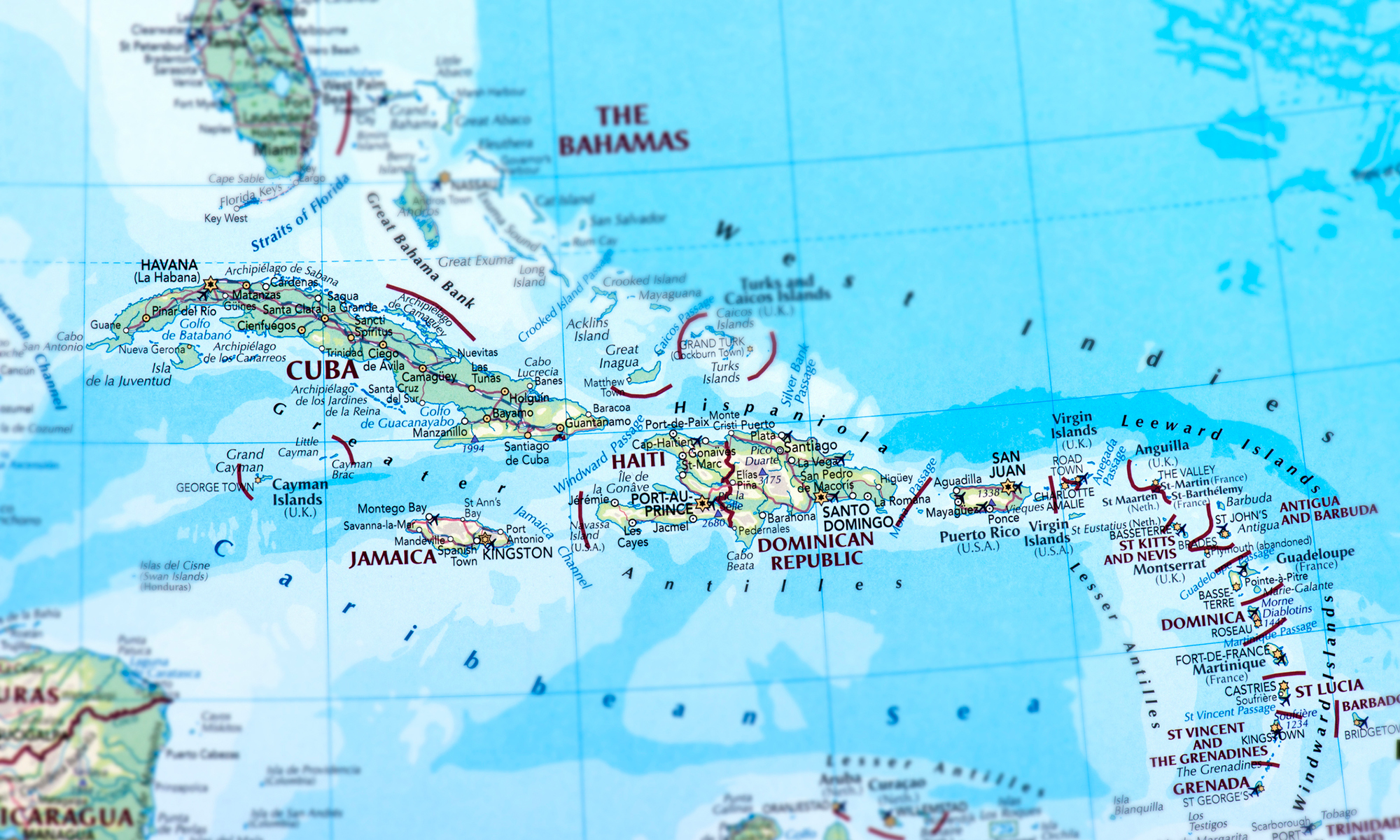On December 17, 2014, President Barack Obama announced that the United States would restore diplomatic relations with Cuba and reverse a more than 50-year policy of isolation. President Obama’s move to establish relations and ease sanctions against Cuba stirred the interest of U.S. business. In particular, the American agricultural industry, which is anxious to increase its market share of the Cuban food market, has led the support for President Obama’s decision to normalize relations with Cuba.[1]
On January 8, 2015, more than 25 companies and farm trade associations joined together at the National Press Club in Washington, D.C. to launch the U.S. Agriculture Coalition for Cuba. The goal of the Coalition is to promote collaborative action for improved agricultural trade relations with Cuba. The Coalition believes that the improvement of agricultural trade between the U.S. and Cuba is the foundation for building successful and enduring relations between both countries. Continue reading “US Agriculture Coalition for Cuba Takes Off With the Goal of Normalizing Relations Between the United States and Cuba”
